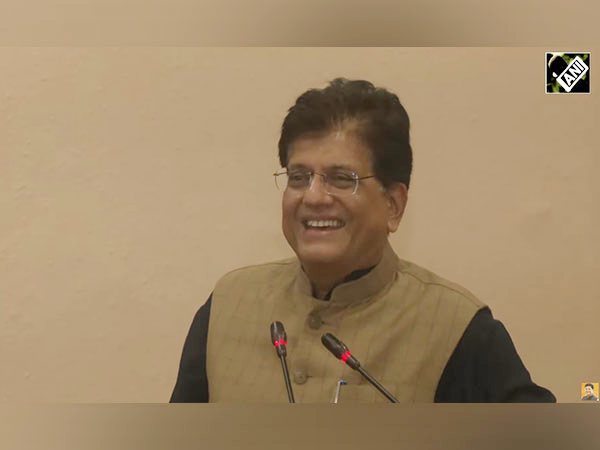Piyush Goyal Calls for Energy Sector Self-Reliance at India Energy Storage Week
Union Minister Piyush Goyal emphasized the need for India to become self-reliant in energy by adopting new technologies and diversifying supply chains. He highlighted India’s target of 500 GW renewable energy by 2030 and underscored the role of storage technologies and infrastructure development for achieving energy independence.

- Country:
- India
Union Minister of Commerce and Industry, Piyush Goyal, issued a clarion call to the industry on Thursday to reinforce supply chain resilience by minimizing reliance on select geographies and embracing cutting-edge technologies to foster self-reliance in the energy domain. Highlighting India's aspirations, Goyal underscored the need to cover the entire value chain, from raw materials and cell components to battery packs, semiconductors, management systems, and recycling, thereby establishing a robust and self-sustaining clean energy ecosystem.
The minister also urged stakeholders to seek fresh avenues to scale operations and boost competitiveness while reiterating India's goal of reaching 500 GW in renewable energy capacity by 2030. He also spotlighted energy storage as pivotal to this trajectory, echoing Prime Minister Narendra Modi's sentiment that securing energy for citizens is both a priority and a responsibility. In terms of infrastructure, Goyal called for intensified collaboration among key players in developing charging and battery swapping networks to expedite electric vehicle adoption and guarantee affordable, accessible e-mobility.
Goyal further delineated the significance of several storage technologies—be they batteries, pumped storage, or hydro and geothermal storage—in fulfilling India's future energy requirements. He emphasized that the energy sector will act as a catalyst in India's switch to clean and renewable power sources. Addressing the 11th India Energy Storage Week (IESW) 2025 in New Delhi, Goyal noted the 4,000 percent surge in India's installed solar capabilities, asserting that the renewable energy capacity now stands robustly at 227 GW. India has possibly emerged as the first G20 nation to meet its Nationally Determined Contributions under the Paris Agreement.
(With inputs from agencies.)










